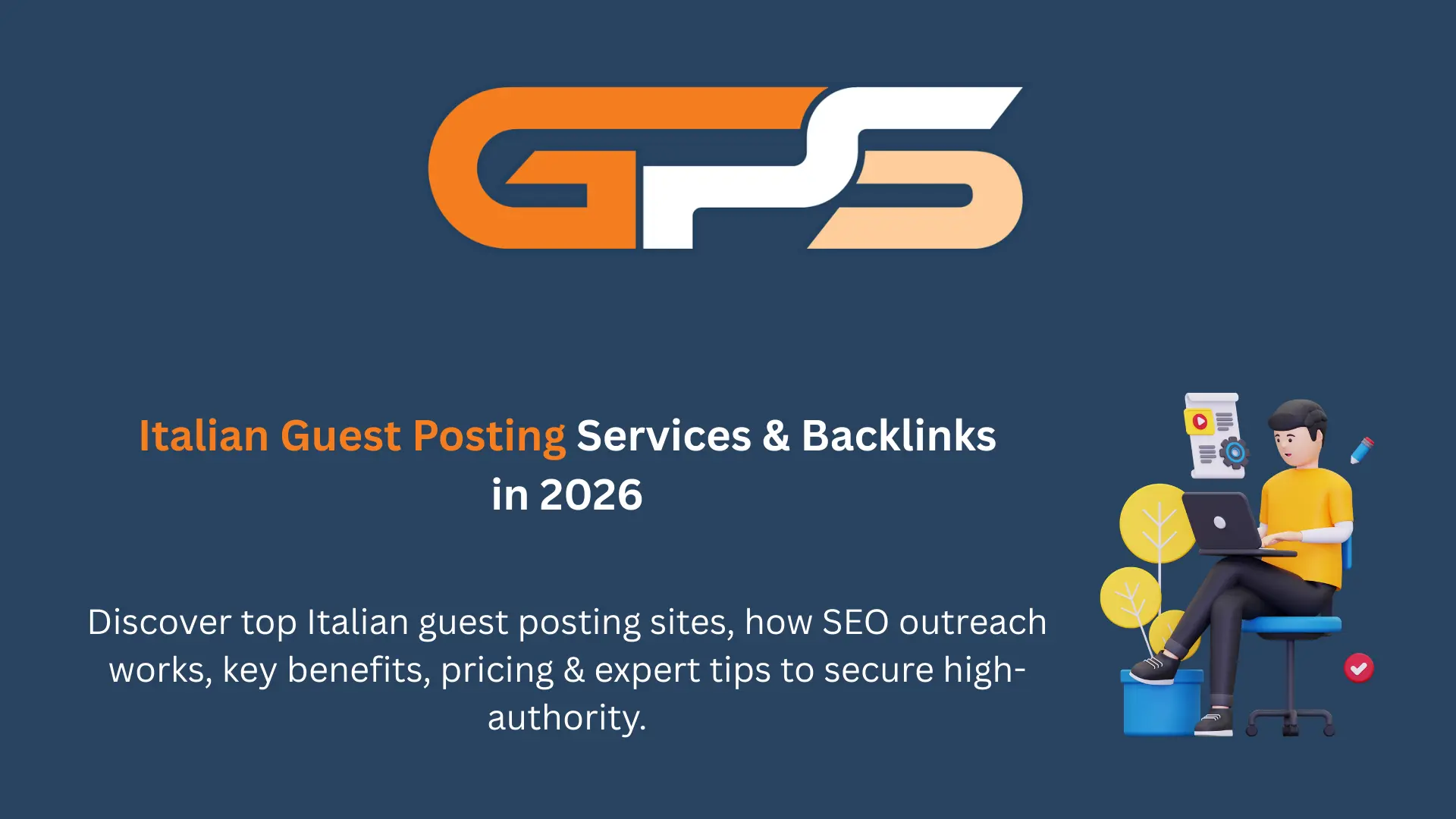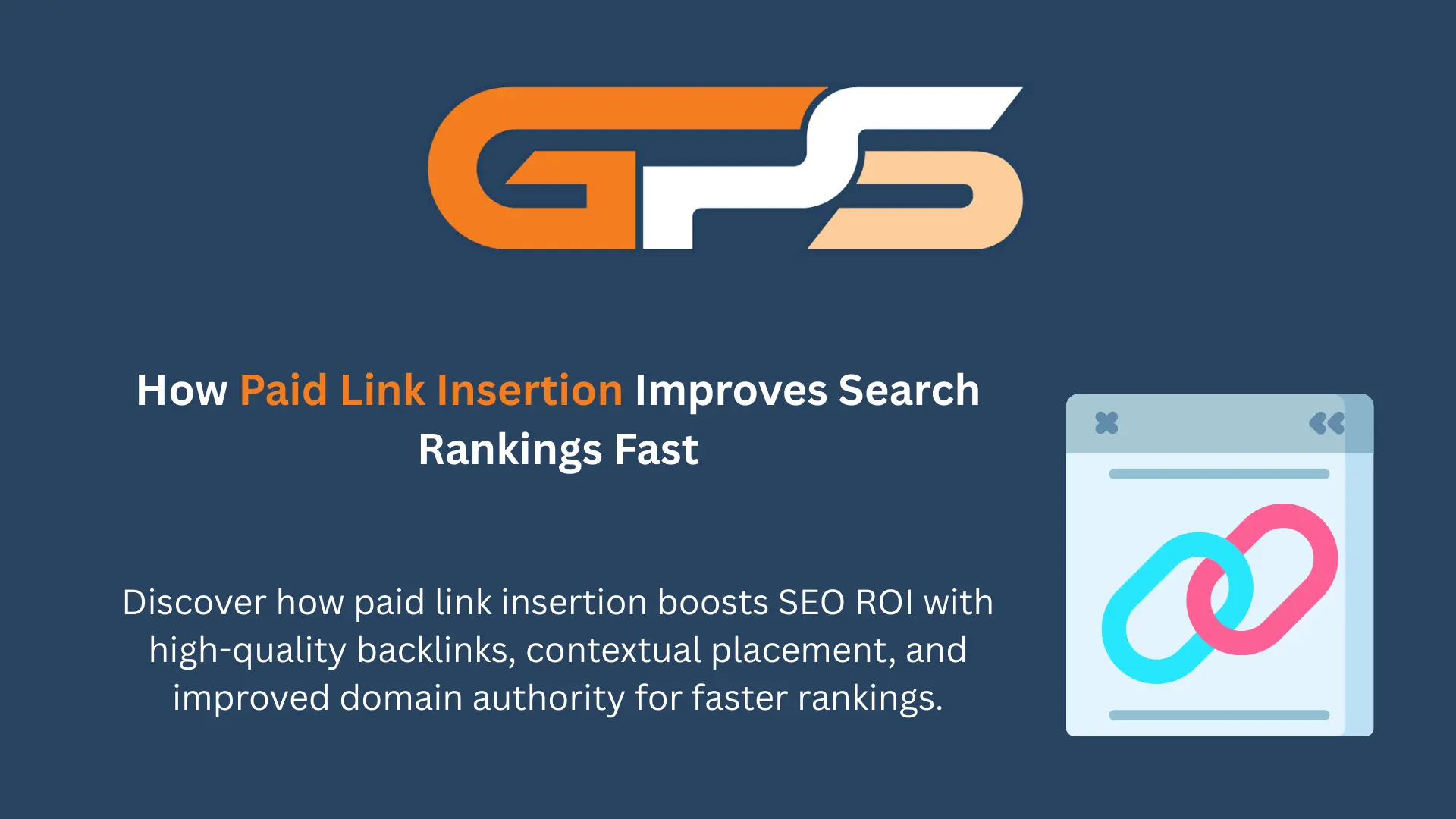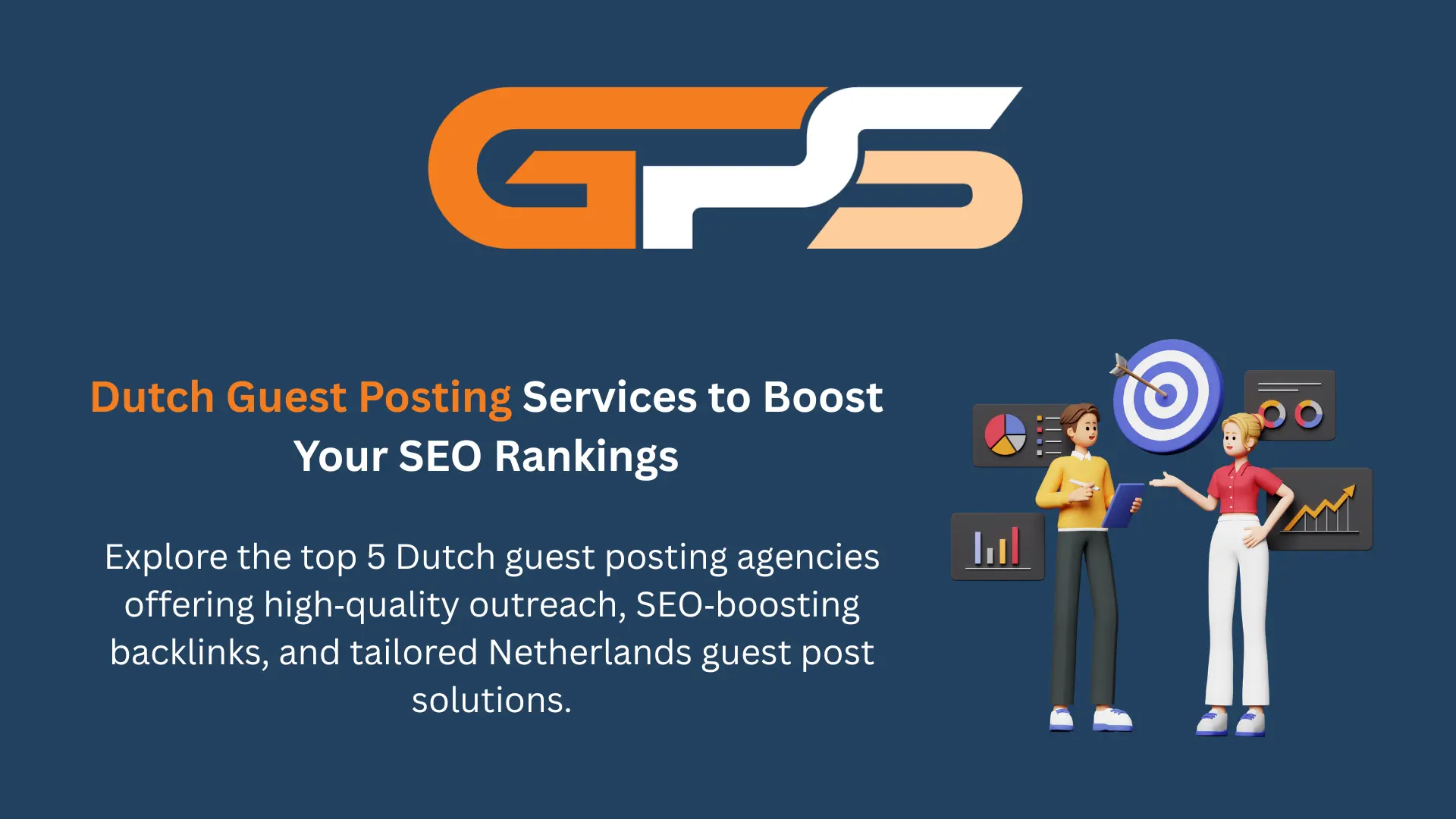Can Guest Blog Posting Services Really Boost Rankings?

Guest blog posting is not something new to the SEO arsenal of tools, it has been there and used more than ten years now. In theory, that is simple, just come up with articles on different, but related sites, get that specific site to link to yours and cash in on the SEO advantages. However as the businesses of guest blog posting services have emerged that claim to do all the work, writing and outreach, the real question to be asked is whether these services work or not? Will they actually have any effect on your listings?
Let us slice through the claptrap and come to the point.
What Are Guest Blog Posting Services?
Guest blog posting service is a firm or agency that carries on with the task of writing and posting content on other websites to gain back links towards SEO. These services connect you to blogs instead of you connecting with blogs and create content and place links. Its aim is to have your site listed in blog posts on the sites related to their topics or high authority sites and hopefully your rankings should go up in search engines.
The former works with the actual, editorial-looking placements on the blogs that are relevant in terms of a niche and have the actual traffic, whereas the latter is based on the low-quality or spam websites created with the only purpose of backlink sale. It is all about the quality of the service and how they place their sites on the web. These services may be effective to gain more visibility and domain authority when done properly. When they are carried out ineffectively, they can expose them to Google penalties.
In brief, guest blog posting services are only a shortcut to link-building, not every shortcut is good and safe.
The Theory: Why Guest Posting Can Work
1. Earns Quality Backlinks
Guest posting assists you in gaining back links through powerful websites. These links are seen as trust indicators by search engines that others care about what you have. Quality backlinks are among the most powerful factors of ranking in SEO and can substantially promote your site visibility and authority.
2. Improves SEO Rankings
Backlinks determine the credibility of search engines. Whenever you guest post on authoritative, useful websites, it informs Google that your materials need to move to the top positions. Ongoing high-quality guest posting can also enhance keyword positions, the power of the domain, and its performance on search engines, in particular, on ranking competitive terms in your niche.
3. References Referral Traffic
Guest posts are capable of exposing your site to real people even beyond SEO. It is also called referral traffic when readers on a different blog see your content and click your link. When the article you publish is considered rather helpful and is ranked accordingly, it will breed traffic and even conversions in the long run.
4. Establishes Brand Authority
Posts on the notable blogs will position your brand as an expert in the business. It indicates that other people in your profession trust you and makes other readers consider you authoritatively. This creates credibility as time goes by and it is much easier to attain followers, clients and media opportunities without having to “buy them”.
5. Increases Network and Depth
Guest blogging gives access to collaborations, partnerships, and exposure. You reach new markets that would not have accessed you in the first place. To add, relationships you can build with blog owners and editors may result in the future invites to podcasts, mentions on links in funding other sites, or the possibility of the joint project in increasing your web presence.

The Reality: Not All Guest Posts Are Created Equal
Here’s where things get messy. A lot of guest posting services don’t prioritize quality, they prioritize quantity and ease. Many use private blog networks (PBNs), link farms, or low-effort “contributor blogs” with little to no audience. These are sites that exist solely to publish paid guest posts and sell links.
Google detects tricks. Their spam detection has evolved. If a guest post:
- Comes from a spammy or irrelevant site
- Contains keyword-stuffed anchor text
- Is obviously paid without disclosure
- Offers no editorial oversight
Good vs. Bad Guest Post Services
What Good Services Do:
- Focus on real relationships with legitimate websites
- Target niche-relevant blogs with active readerships
- Provide original, high-quality content that fits the site’s voice
- Use natural anchor text and disclosure where appropriate
- Vet domains for real traffic and editorial integrity
What Bad Services Do:
- Offer a menu of generic sites you can pay to post on
- Recycle the same content across multiple blogs
- Use fake metrics or inflated DA scores
- Ignore topic relevance and user value
- Spam inboxes with mass outreach
A solid guest post should be indistinguishable from a regular editorial article—not a thinly veiled link scheme.
Do Guest Posts Still Work in 2025?
Yes when done right. Google still values backlinks. And despite algorithm changes, guest posting remains a legit way to earn them. But here’s the catch: the bar is higher now.
Link quality > link quantity.
A handful of backlinks from trusted, relevant sites will outperform dozens of low-quality ones. In fact, overdoing it with bad guest posts can tank your site.
SEO is no longer about gaming the system. It’s about aligning with what search engines are trying to reward: valuable content, real connections, and authentic relevance.
Click to read the most trendy blog of the month “ How to Write Guest Posts That Match Brand Voice & Niche “

Metrics That Actually Matter
Organic Traffic
A site’s traffic tells you if real people are visiting. High organic traffic means Google sees value in the content. Guest posting on active websites increases the chances your post will be seen, clicked, and indexed. Use Ahrefs or SEMrush to verify actual monthly search traffic, not estimated figures.
Topical Relevance
Relevance matters more than authority. A backlink from a niche-related site carries more SEO weight than one from an unrelated blog. Google values topical alignment when assessing link quality. Make sure the site publishes content closely related to your industry, services, or audience, otherwise, the link could be ignored or devalued.
Engagement
Look at how readers interact with the blog. Are posts getting comments, shares, or backlinks? Engagement shows the audience is real and paying attention. It also indicates the blog has trust and influence in its niche. A post that sparks discussion or sharing can drive referral traffic and improve credibility.
Outbound Link Profile
A good site links to reputable, relevant sources. If it’s filled with random outbound links to gambling sites, SEO tools, or sketchy products, that’s a red flag. Google watches outbound link behavior. Posting on a “link farm” can hurt you, even if the domain looks strong on the surface.
Indexation
If the blog’s pages aren’t being indexed by Google, your post won’t rank, or pass value. Check if the site’s recent posts appear in search results. Use a “site:” search in Google or tools like Moz to confirm indexation. No indexation means no SEO benefit, no matter the domain authority.
Alternatives to Guest Post Services
If guest posting feels too risky or murky, consider these alternatives:
- Build your own relationships. Outreach manually to blogs in your niche.
- Create link-worthy content. Think data studies, expert roundups, tools.
- Use HARO or Qwoted. Earn media links by providing quotes to journalists.
- Earn mentions through PR. Target digital PR campaigns, not just guest posts.
You don’t have to outsource everything. Often, the best links come from connections and content you build yourself.
Final Verdict
Blog posting services as a guest blogger can help the rankings only when they are done correctly. Good quality placements at reputable sites on topics that people believe will improve SEO value, such as greater back-links, top ranking, and more visibility. Nevertheless, poorly done, spammy guest posts are counterproductive. The trick is quality not quantity.
The service, the websites, and the content should always be vetted. Give attention to relevancy, actual traffic and editorial integrity. Guest posting is a strong aspect of an SEO strategy when carried out diligently. However, there are no short cuts, it is being smart and doing things strategically that delivers. Make a choice and you may lose money and the reputation of your site.
FAQs
1. Are guest blog posting services safe for SEO in 2025?
Yes, if the service focuses on high-quality, niche-relevant placements with real editorial standards and organic traffic. Avoid services using link farms, private blog networks (PBNs), or low-quality sites that can trigger Google penalties. Always vet the sites and content before committing to any service.
2. How do I know if a guest post link is helping my SEO?
Track improvements in keyword rankings, domain authority, and referral traffic. Use tools like Ahrefs or Google Search Console to monitor backlink impact. A good link should boost visibility and traffic over time if you see no change or rankings drop, the link may be low-quality or toxic.
3. What’s better: guest posting or digital PR?
Both have value, but they serve different purposes. Guest posting gives you more control and quicker link acquisition. Digital PR can earn high-authority, editorial links from major publications. Ideally, use both: guest posting for steady links, digital PR for authority and viral reach when possible.





